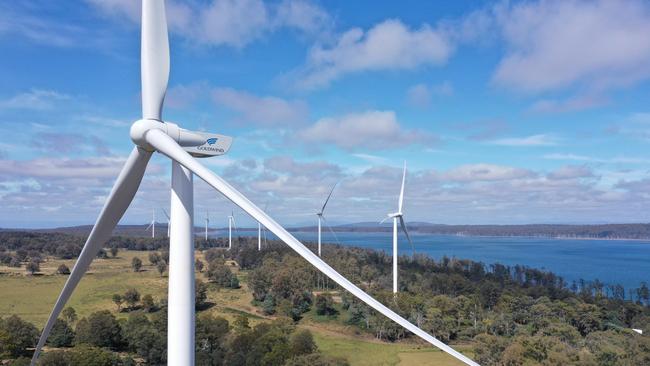
The political earth is moving. The new alliance in Australia for climate change action constitutes big business, financial power, the green lobby, inner-city believers, professional elites, concerned suburbia and big media – the ABC, News Corp Australia and Nine Entertainment newspapers.
What a coalition! And one of the last fortresses is about to fall. With the Prime Minister and Nationals leader Barnaby Joyce expected to seal an understanding on climate there is the prospect that a Nationals party room majority – but with dissidents – will sign up to the new policy.
It is now 12 years since those chaotic events that saw Malcolm Turnbull’s removal as Liberal leader in a push spearheaded by the Nationals with Joyce in the lead. The Nationals, tapping into rural populism and climate change scepticism, began the successful attack on market-based climate action.
The world has changed since 2009, even since 2019. The past few days have seen dramatic political shifts with the Business Council of Australia taking a huge leap towards radical climate change action and the News Corp tabloids declaring a sea change as they pledge to net zero at 2050, enraging many progressives.
These upheavals have two consequences – they help Morrison achieve the transition he needs within the Coalition parties and they materially assist Labor at the next election.
Morrison knows that financial power has settled the climate change issue. As the BCA said in its new blueprint: “The momentum for moving towards net zero by 2050 is unstoppable. The power of the global financial community has been mobilised in pursuit of the new zero emissions goal underpinned by an acceptance of the climate change science.”
Opposition climate change spokesman Chris Bowen says global markets are leading “the greatest economic transformation since the Industrial Revolution” as the push for decarbonisation becomes irresistible.
Regional populism has no chance against these forces. It is hopelessly outgunned and outsmarted. The Nationals have no future defending the status quo; their only hope is negotiating the terms of the transition. Those conservatives deluded enough to think they could defeat or permanently delay the climate change push are beaten. Crackpot schemes for a $250bn fund to allow public underwriting of fossil fuel projects won’t do the job.
But populist conservatives have a fallback. They have a Morrison-Joyce Coalition government to write the terms of the new Coalition policy – call it realism, call it surrender, call it necessity.
There is one certainty. Morrison will shift policy but he will fall far short of many of the demands being lodged, notably by the BCA with its call for faster, earlier action and a 2030 emissions reduction target in the 46-50 per cent range, higher than Bill Shorten’s 45 per cent target at the 2019 election. Morrison’s task is to reconcile conservative Australia with greater action on climate change.
While not supporting a radical increase in targets or deadlines to shut down coal, it means bringing conservatives into the system as participants, not saboteurs. It means a historic repositioning for the Coalition side towards action on climate change rather than resistance to action.
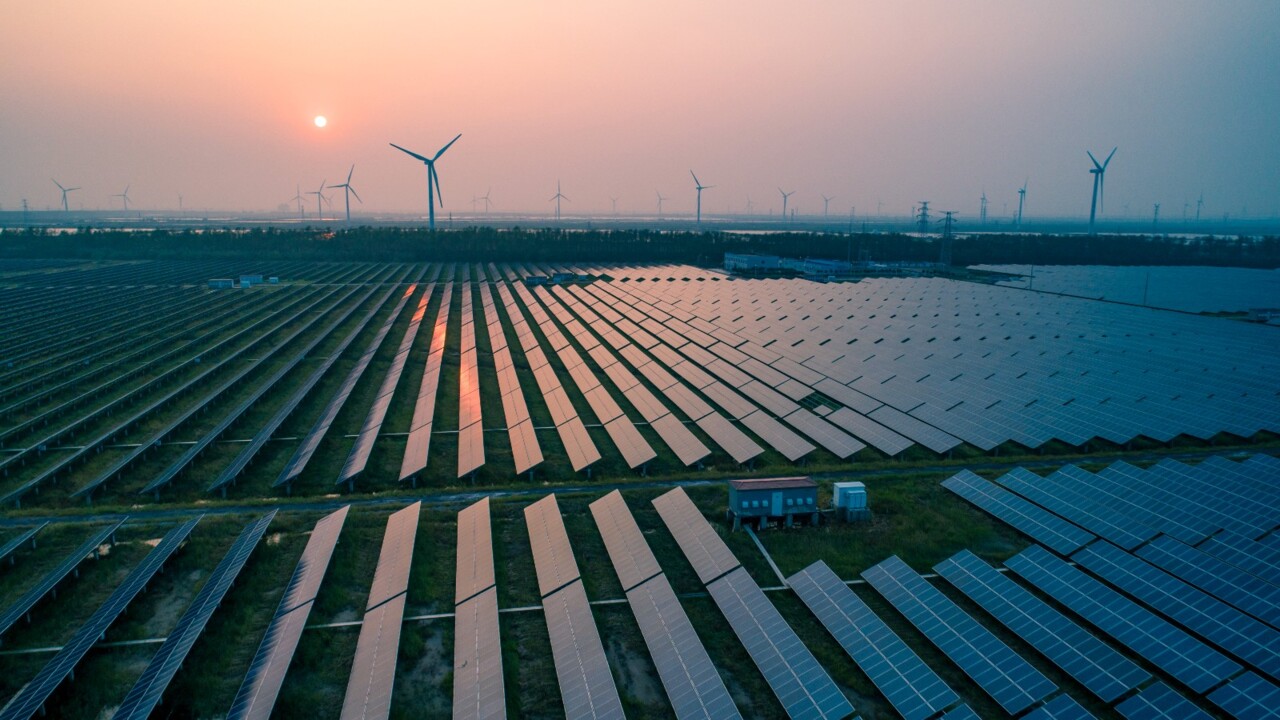
Morrison has told the world Australia believes in a net-zero new energy economy. He publicly backs more global ambition on emissions reduction. He has political debts to discharge to Boris Johnson and Joe Biden. Above all, he cannot allow Australia to be branded a pariah nation by global finance and banks.
Morrison and Josh Frydenberg have issued their warnings. “It’s a long-term shift, not a short-term shock,” the federal Treasurer said of the union between finance and green power. He warned that if capital markets moved against Australia the result would be to “increase borrowing costs”, hurting home loan rates, small business and big infrastructure projects. The story, however, is not just downside – there is a vast opportunity for Australia in making the transition to low-emission technologies, new export industries and cheaper power.
As a responsible PM, Morrison has an obligation to drive this policy change. It is an economic and international necessity reinforced by electoral demands for action in the suburbs of the capital cities.
Unless Morrison acts, sitting Liberal MPs will feel endangered by the coalition of climate change activists. However, this leads to a bizarre conundrum. Failure to act puts his future at risk, yet acting creates a trauma within the ranks of regional and conservative Australia that also puts the government at risk. This is because net zero at 2050 has a contradictory meaning – for the majority it is the iconic benchmark of essential climate change action but for opponents it is the symbol of betrayal to a hostile global-green ideological movement seeking to strangle our fossil fuels industries.
Morrison’s vulnerability will be the conservative base, notably in Queensland. The Nationals holdouts will be Queenslanders. The grand alliance for climate change action – billionaires, foreign governments, global finance, the green lobby and big media – is a guaranteed recipe for a grassroots revolt and, in the hands of sophisticated operatives, a revolt that will cut through.
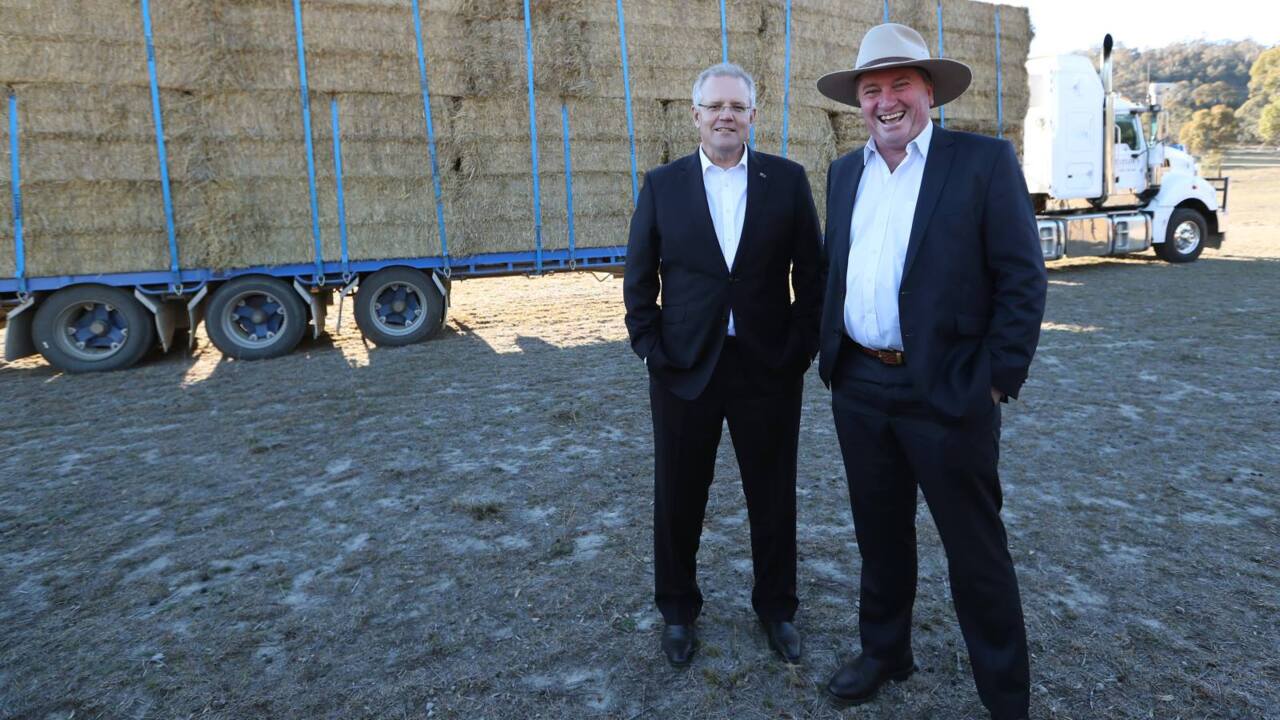
Just watch Clive Palmer, Pauline Hanson, Mark Latham, Alan Jones, Andrew Bolt and Campbell Newman prosecute the case against the policy transition – with Queensland the most sensitive location. How, pray, will Joyce defend the new policy against these populist conservatives? In truth, the structural changes facing regional communities are going to be huge and affect individual lives. The net sectoral gains will conceal legions of losers. And many in the climate change lobby display an indifference to such hardship.
The shifting politics of climate change will assist Labor. This is the main political consequence of the past few days. Consider Labor’s likely policy. It stands for net zero at 2050; it wants the policy legislated, something Morrison won’t do; it wants a credible medium-term target and waits for the government’s decision first.
But expect Labor to have a higher medium-term target than the government and a lower target than the BCA.
Morrison has just lost his momentum for a scare campaign against Labor. The new BCA policy is a huge event. It means big business will be closer to Labor than Morrison on climate change at the election, a decisive shift.
Even more significant, the declared pro-climate action stance of the News Corp tabloids cancels their ability to back any Morrison scare campaign against Labor.
Morrison has won tabloid support to shift the Coalition parties on to net zero at 2050 along with his new medium-term target, and that’s a big deal. But he has lost any credible capacity for the tabloids to serve as weapons against Labor’s targets in a campaign.
The world has moved on. Labor will have cover simply not available in 2019. You can imagine Anthony Albanese mocking a scare campaign against Labor pointing to big business and big finance supporting even stronger climate ambition.


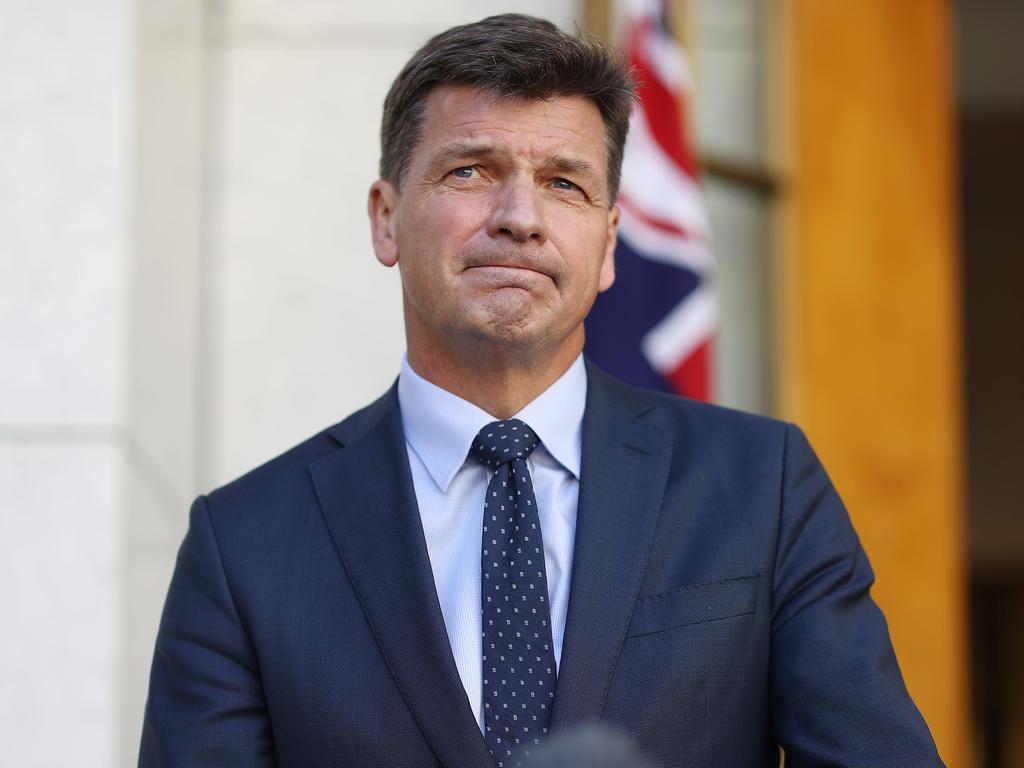
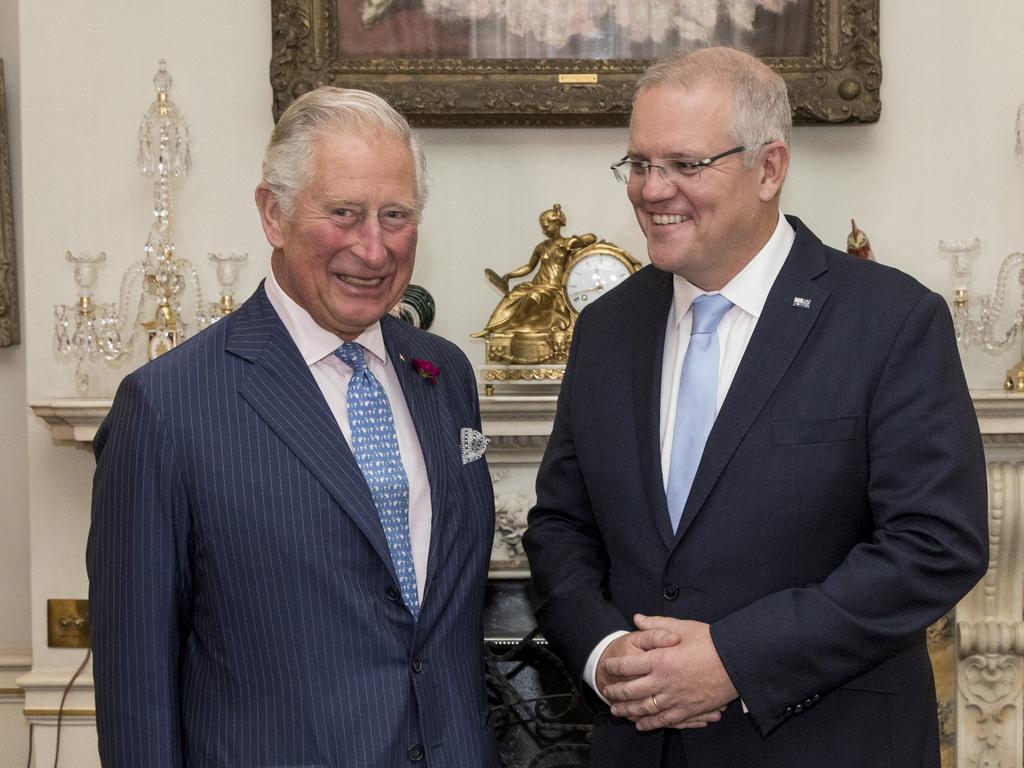


It is the paradox that will plague the conservative parties. Scott Morrison, acting in the national economic interest and cognisant of global pressure on Australia, is leading the Coalition parties to a new realism on climate change – yet this necessity will threaten his survival.